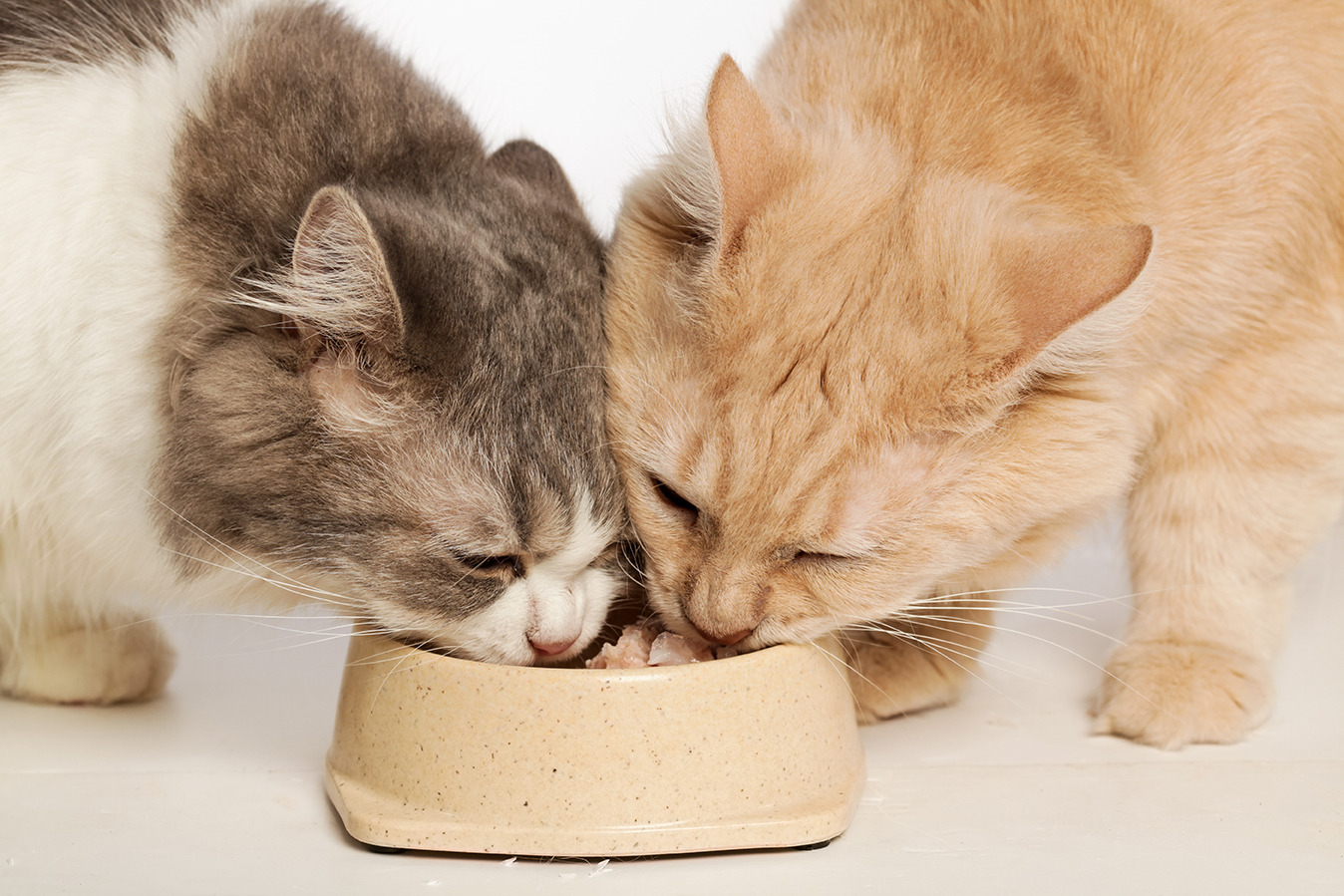If you’re in search of in-depth seafood industry updates or profound philosophical musings, you might want to consider clicking the back button right about now. Today’s article is leaning towards the lighter side. While our feline friends may not have the privilege of savoring Signature Catch AAA Yellowfin Tuna, they still seem to enjoy Tuna almost as much as humans do.
Cats have a strong affinity for tuna, a well-known fact. However, considering their desert-evolved nature, their preference for this unlikely food might appear puzzling. Fortunately, a recent study provides insight into this peculiar craving by revealing the underlying biological explanations.
Researchers have discovered that cat taste buds possess receptors that can detect umami, a rich flavor found in various meats. Umami is a primary flavor cats seek, which makes sense as they are strict carnivores. Interestingly, these receptors in cats are uniquely attuned to compounds found abundantly in tuna, explaining their preference for this delicacy.
The study’s significance lies in enhancing our comprehension of pets’ preferences. This understanding could assist pet food companies in formulating healthier diets and more appealing medications for cats. Cats possess a distinct palate; they can’t taste sugar due to lacking a vital protein. This might be because meat doesn’t contain sugar. Additionally, cats have fewer bitter taste receptors, a trait common among meat-focused animals.
Considering this, it’s likely that cats savor the savory meat flavor. In humans and various animals, certain genes work together to form taste receptors for umami. While previous research showed that cats express one of these genes, called Tas1r3, it was uncertain whether they had the other critical gene, Tas1r1.
To address this, scientists examined the tongue of a 6-year-old male cat that had passed away for reasons unrelated to the study. The analysis revealed that the cat’s taste buds contained both Tas1r1 and Tas1r3 genes, confirming that cats possess the necessary molecular components to sense umami.
However, there’s a twist: when comparing the genetic sequences responsible for these receptors between humans and cats, researchers found a significant divergence. The key sites that allow umami detection in humans were altered in cats. This prompted initial speculation that cats might not be able to taste umami.

To verify this, scientists engineered cells to carry the cat umami receptor and exposed them to various amino acids and nucleotides. In an unexpected reversal from human taste perception, the cat receptors responded more strongly when nucleotides were involved.
The research then progressed to a taste test involving 25 cats. These cats consistently favored bowls with molecules characteristic of umami-rich foods. Remarkably, cats had a specific preference for compounds like histidine and inosine monophosphate, which are abundant in tuna.
This aligns with personal experiences, as sprinkling bonito flakes (a relative of tuna) worked wonders to stimulate cats’ appetite. The findings could lead to developing cat foods with enhanced palatability and easier medication administration.
As for the mystery of cats’ affinity for tuna, it might be due to their historical interaction with fish. Ancient Egyptian art depicts cats eating fish, and later, cats in Middle Eastern ports likely scavenged fish scraps. These fish-eating cats may have gained evolutionary advantages.
Regardless of the reason, our beloved cats certainly relish tuna, almost as enthusiastically as we do. Consider the possibilities if they could appreciate the true quality cuts and diverse flavors that humans savor, ranging from Sushi & Sashimi to Seared Steaks with a honey glaze. Tuna serves as a delectable and nutritious inclusion in any diet. Remember it is important to treat yourself as well as your pets but leave the canned tuna to them and keep the Signature Catch AAA Yellowfin Tuna for yourself.
The original article pre-edited is available at Science.com.



